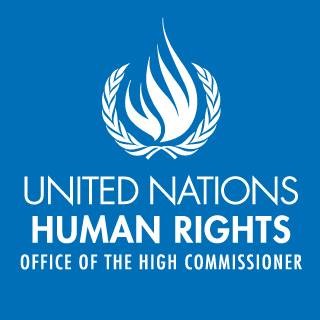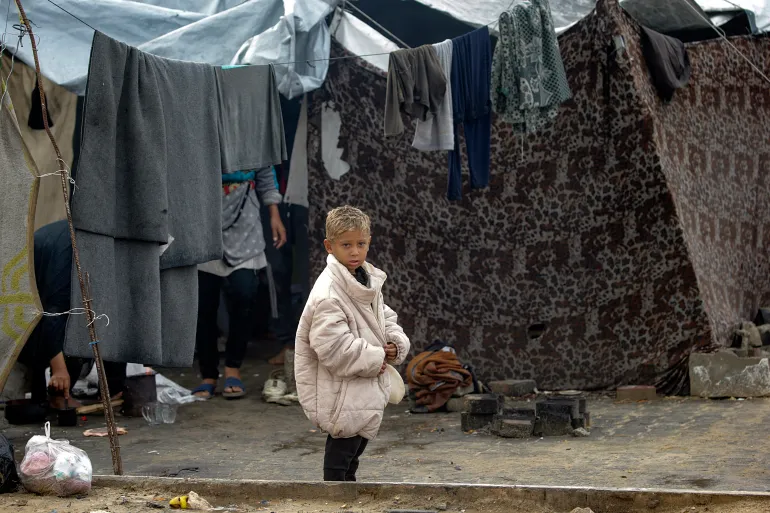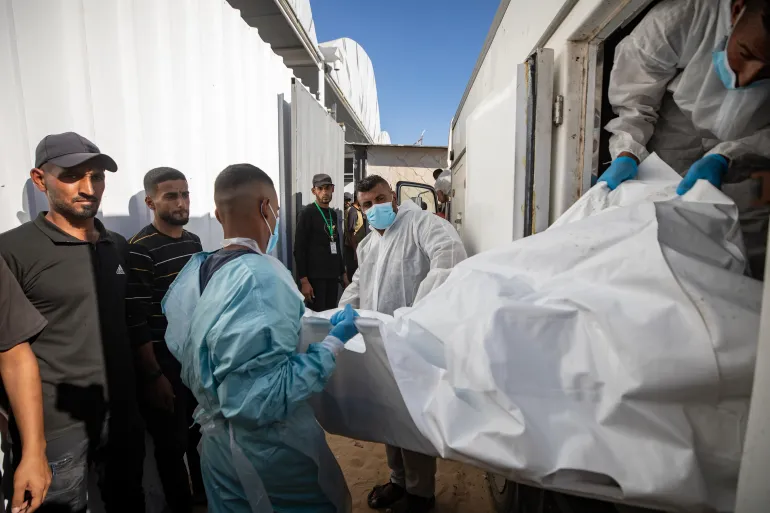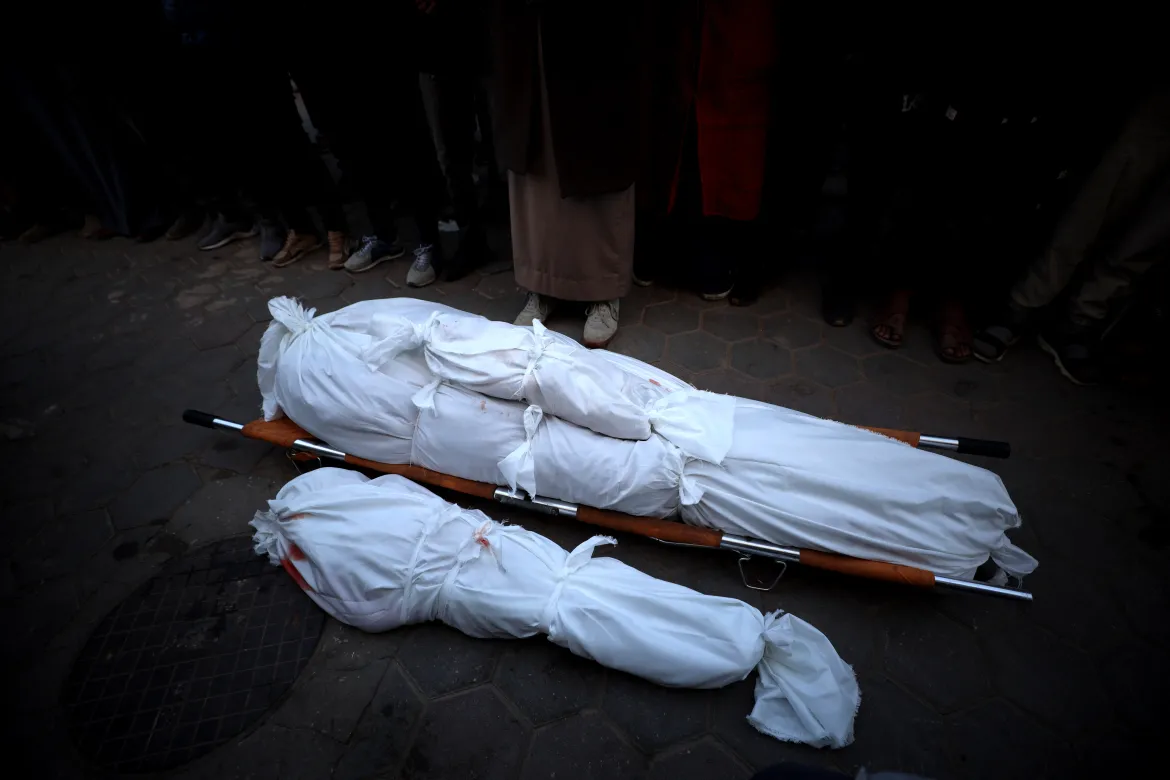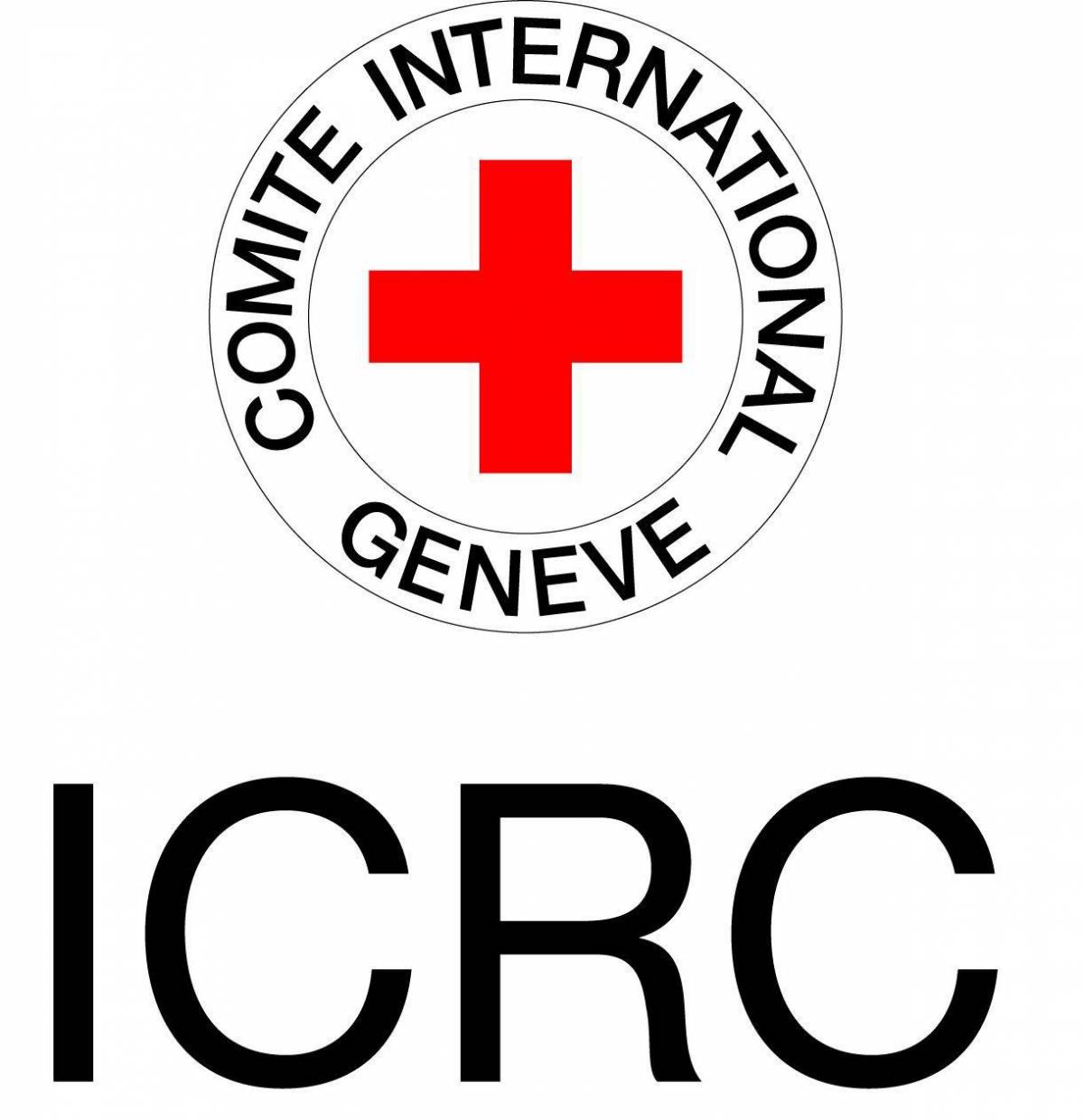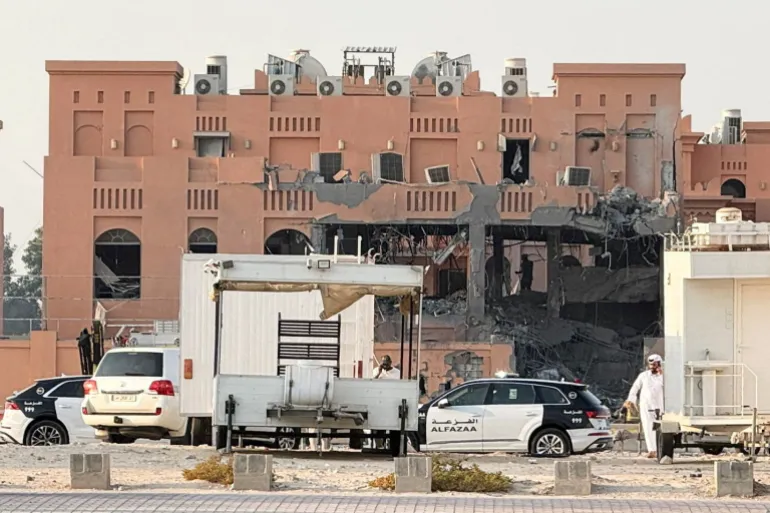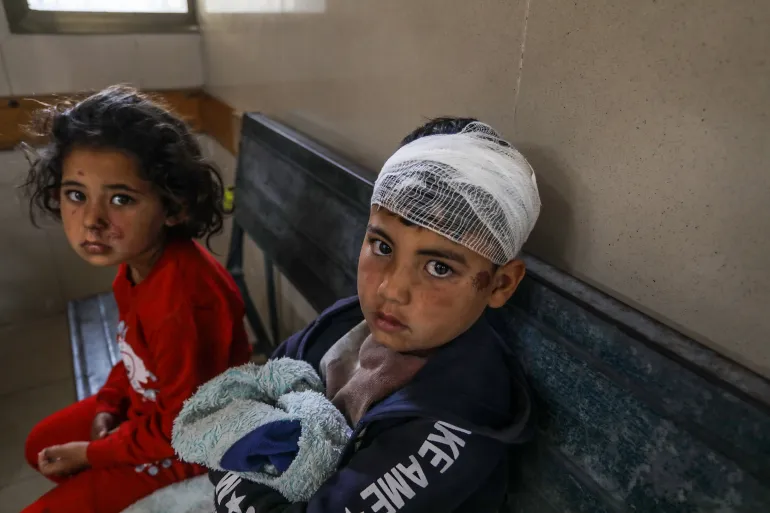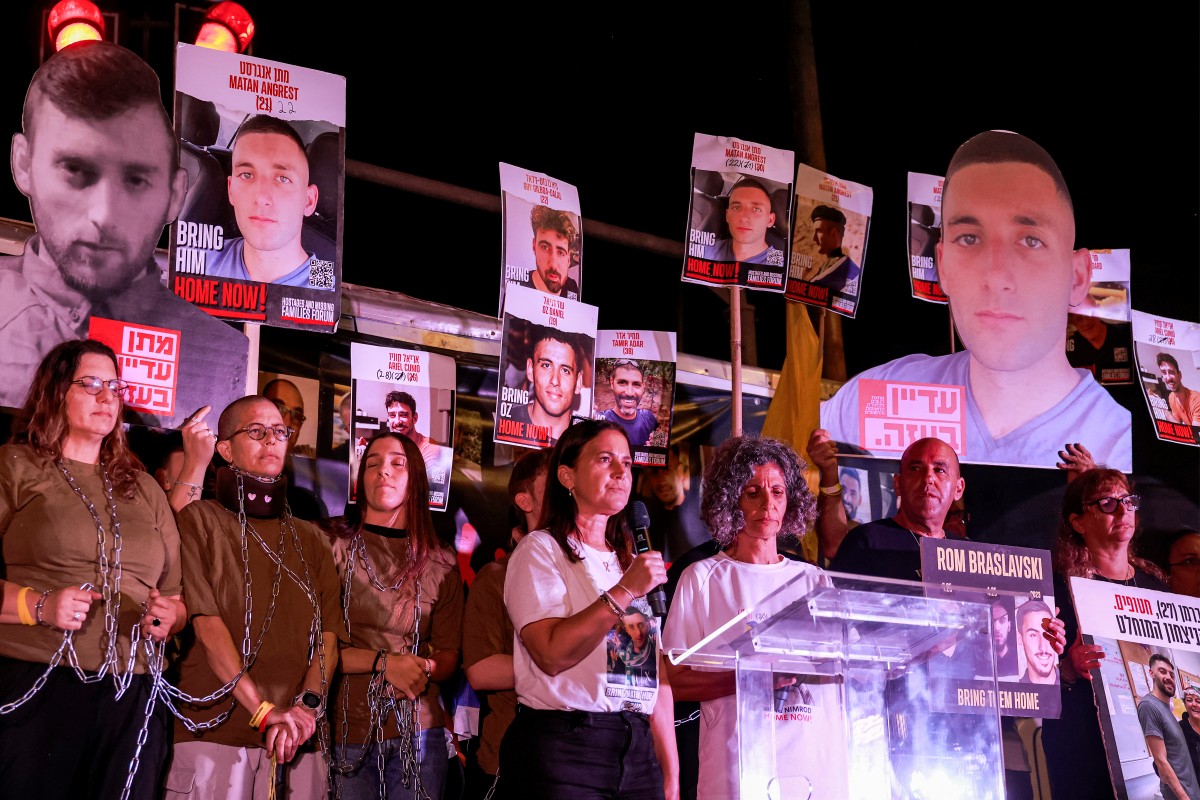Has Israel Terminated the Ceasefire Agreement as Tensions Escalate and the Humanitarian Crisis Deepens?
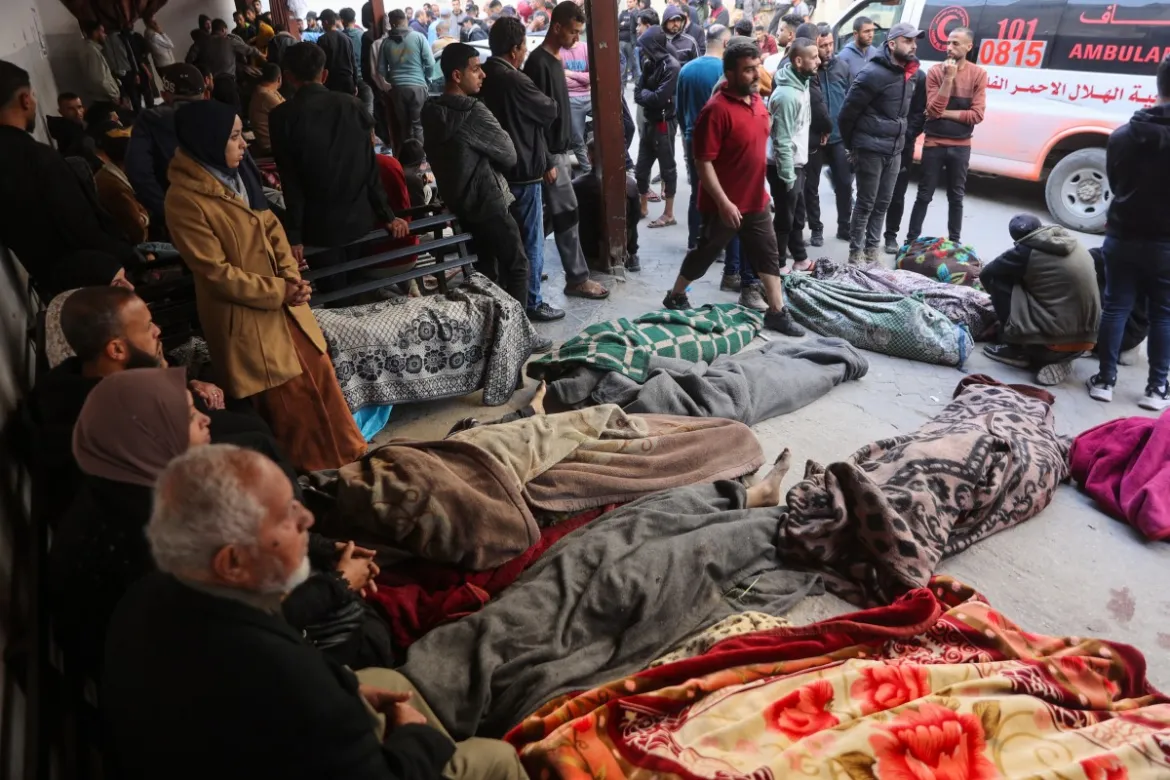
As the siege on Gaza enters its third week, the humanitarian situation in the region grows increasingly dire.
Israel has officially ended the internationally brokered ceasefire agreement that had been in place since January 19, following continued violations of the terms that were supposed to lead to a phased reduction of military presence in the region. The agreement, supported by global mediators, was initially aimed at allowing for de-escalation and humanitarian aid to reach the Gaza Strip. However, Israeli officials claim that Hamas’ unwillingness to comply with the conditions of the deal, particularly the second phase which required Israel to withdraw its forces, prompted the decision to terminate the ceasefire.
Israeli sources have indicated that the primary goal of the military action is to exert pressure on Hamas to return to the negotiating table, with an emphasis on securing the release of as many hostages as possible. These sources further stressed that if Hamas does not engage in talks or agree to release the hostages, Israel is prepared to escalate the conflict beyond aerial bombardments, potentially expanding the scope of military operations on the ground.
As the siege on Gaza enters its third week, the humanitarian situation in the region grows increasingly dire. The ongoing blockade, which prevents vital food and medical supplies from entering Gaza, is affecting over 2.3 million people. Additionally, access to clean drinking water has been severely restricted. Only 10 percent of the population has access to potable water, following the destruction of key infrastructure, including a desalination plant in southern Gaza. The Southern Gaza desalination facility in Deir al-Balah, which typically serves 600,000 people, relied on electricity from Israel. With Israel cutting off power to the plant, the facility is unable to provide water, exacerbating the already critical situation.
The breakdown of the ceasefire agreement and the continued siege have raised concerns among international humanitarian organizations, who warn that without immediate intervention, the health and survival of millions of Gazans remain at severe risk



